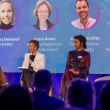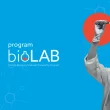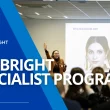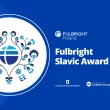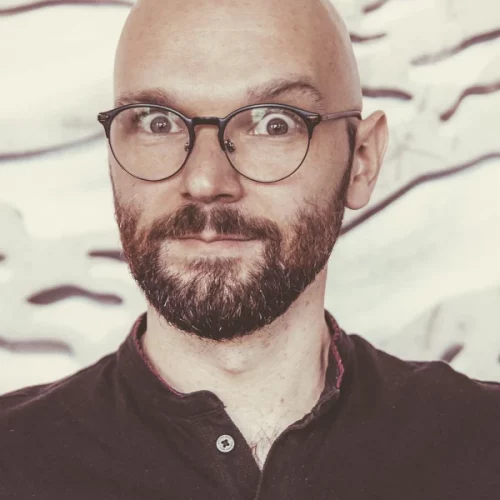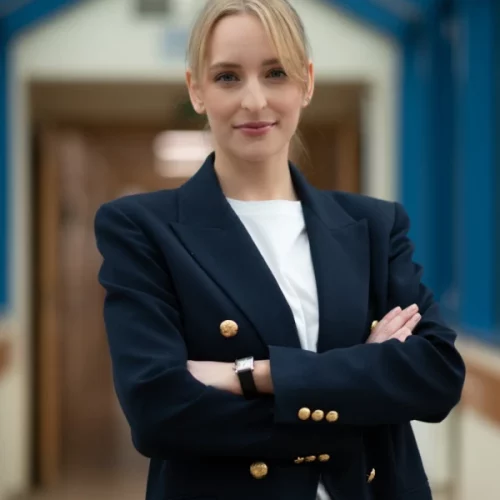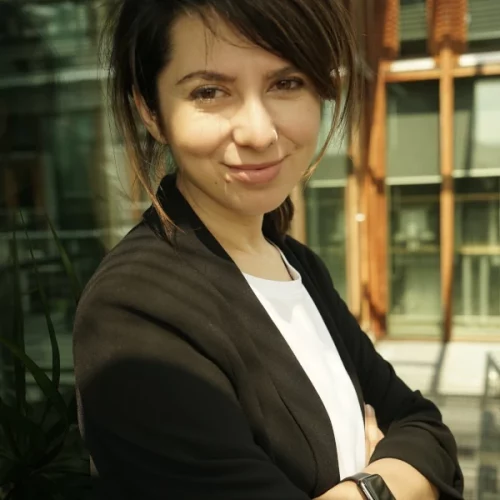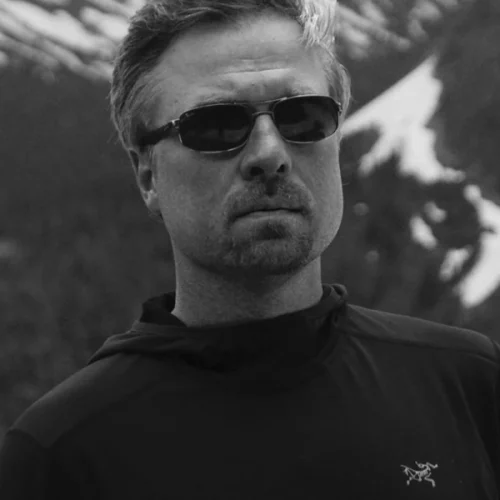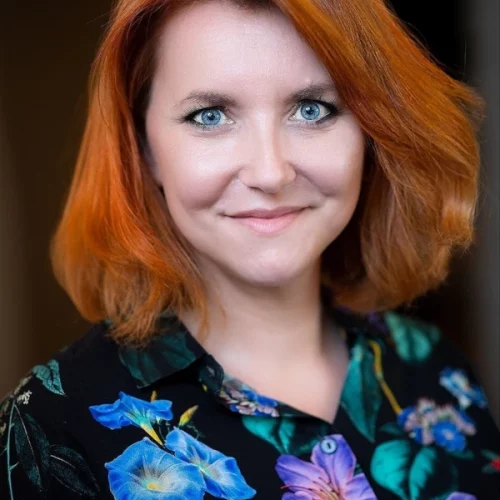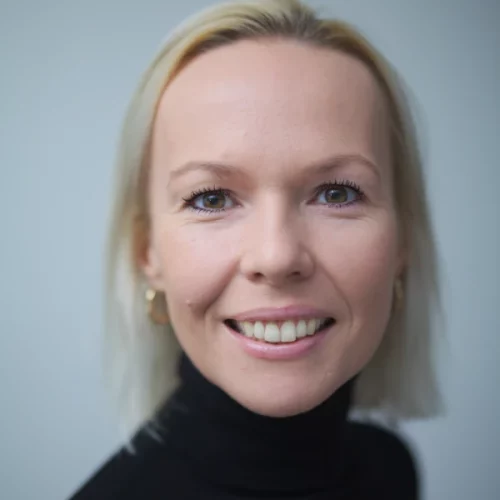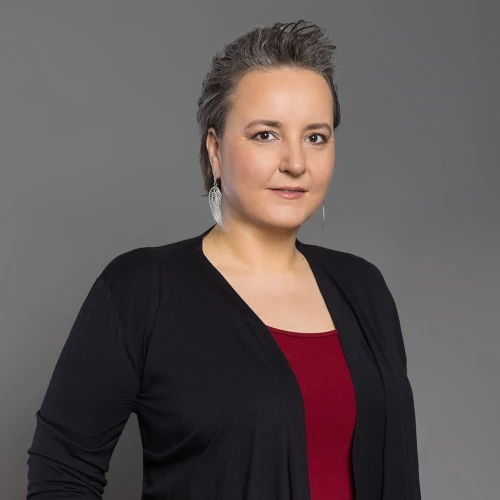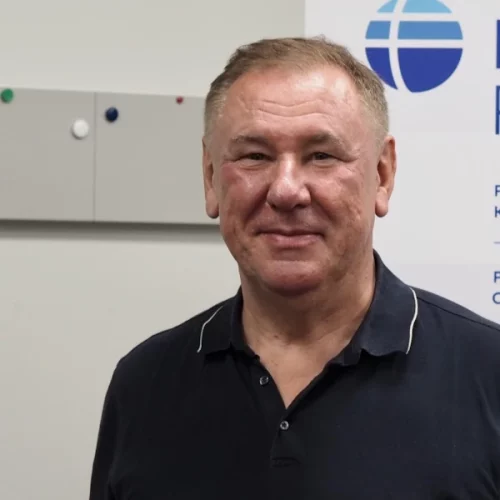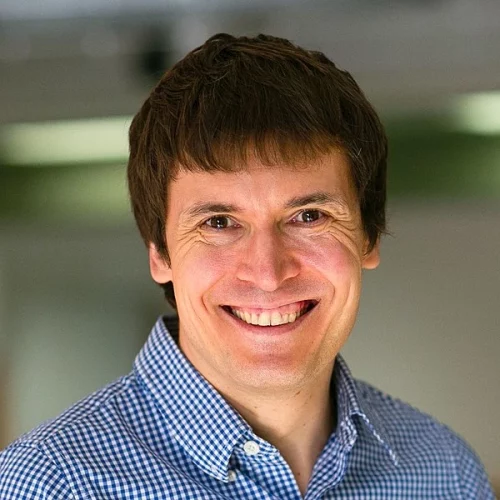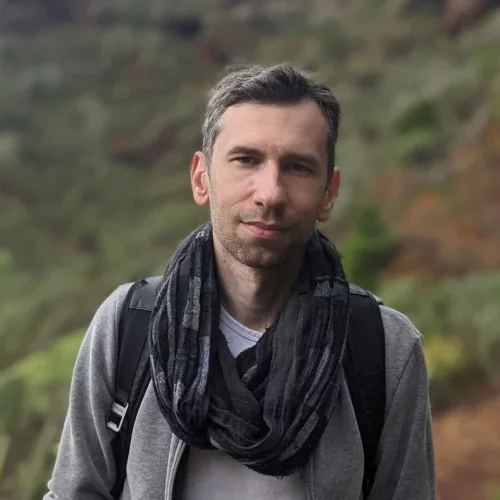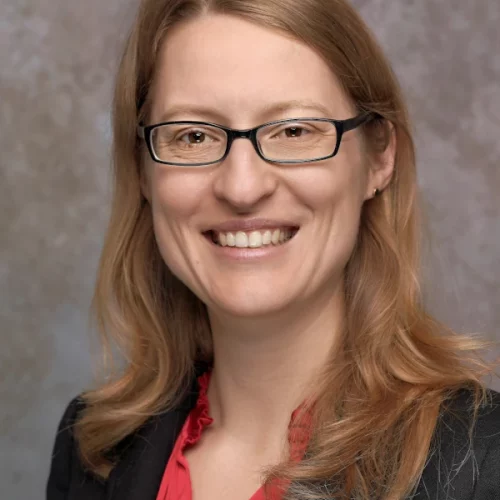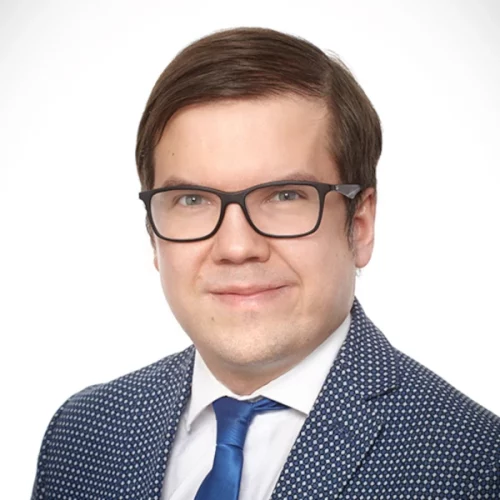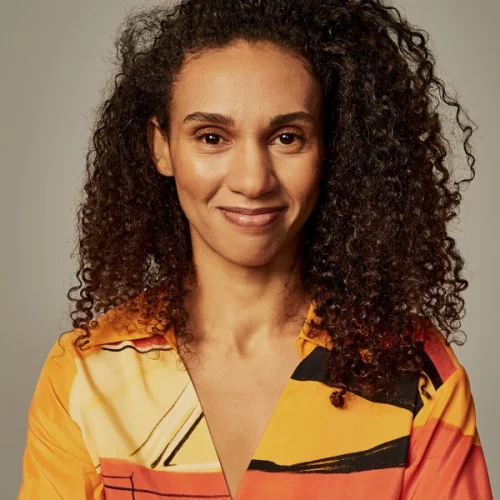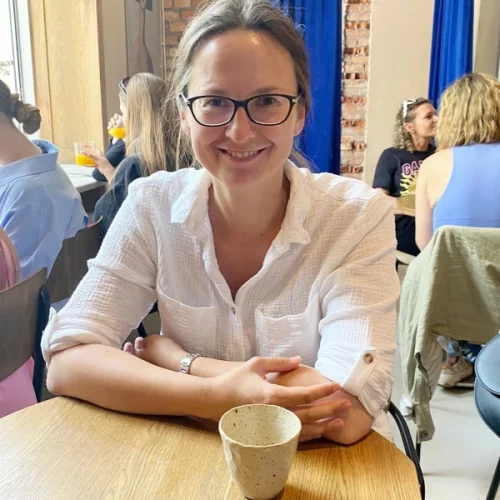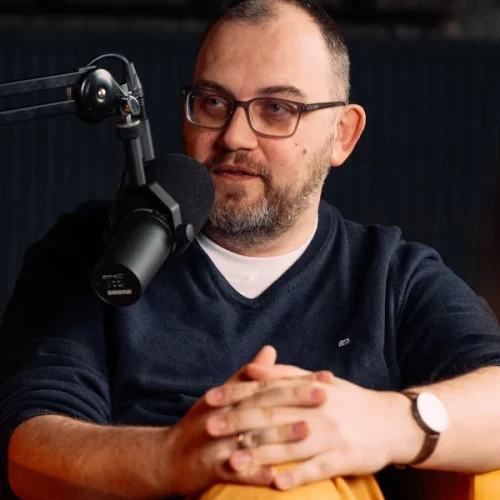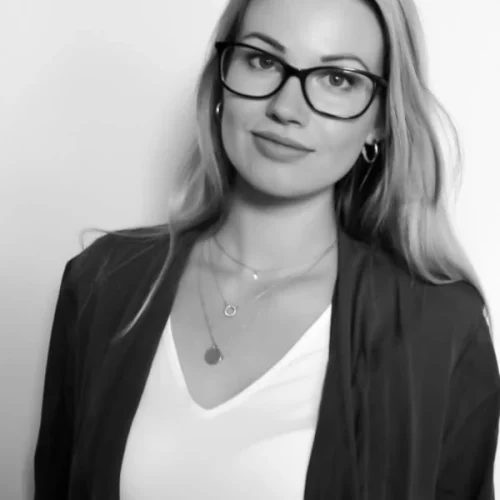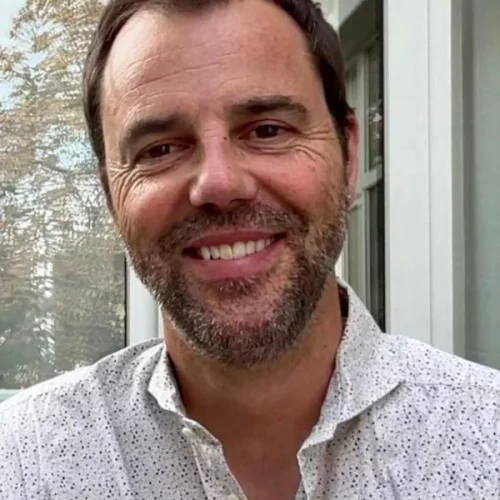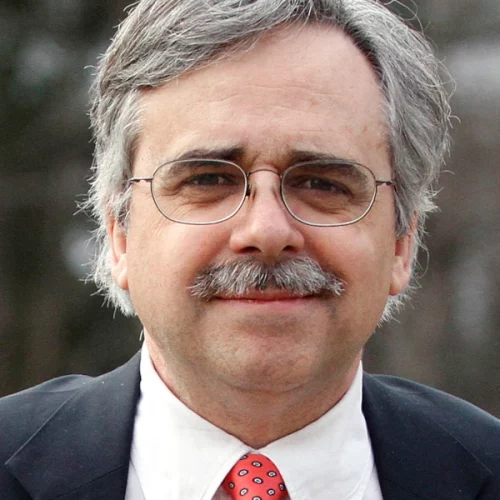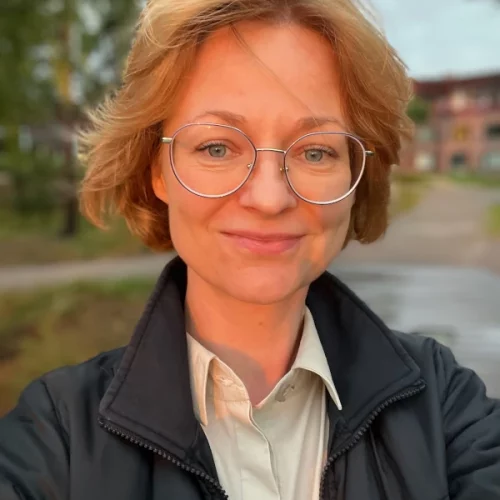Ethical, Smart and Safe: Navigating the Digital World of Tomorrow

What
Conference

When
April 11-12, 2024

Where
Centralny Dom Technologii in Warsaw
Technology surrounds us in the tiniest aspects of our lives and it will most likely be even more ubiquitous tomorrow. Whether we walk around the city, shop online, work to improve our careers, or simply search for entertainment or information, technology comes handy and algorithms follow us everywhere.
How to navigate the media technology landscape while maintaining personal safety? Can we be smart and ethical at the same time while using new media, and how to do so? How to ensure that the digital world of tomorrow reflects the diversity of real life?
Let us delve into these (and more) topics during the conference in Warsaw!
In 2024, the Fulbright Program in Poland celebrates its 65th anniversary and we would like to celebrate this milestone together, within the Fulbright community, through organizing this 2-day conference. Therefore, first and foremost we invite Fulbrighters to join us, both as participants and as speakers. The evening networking reception includes a short concert by Duo Karolina Mikołajczyk & Iwo Jedynecki (also a Fulbrighter).
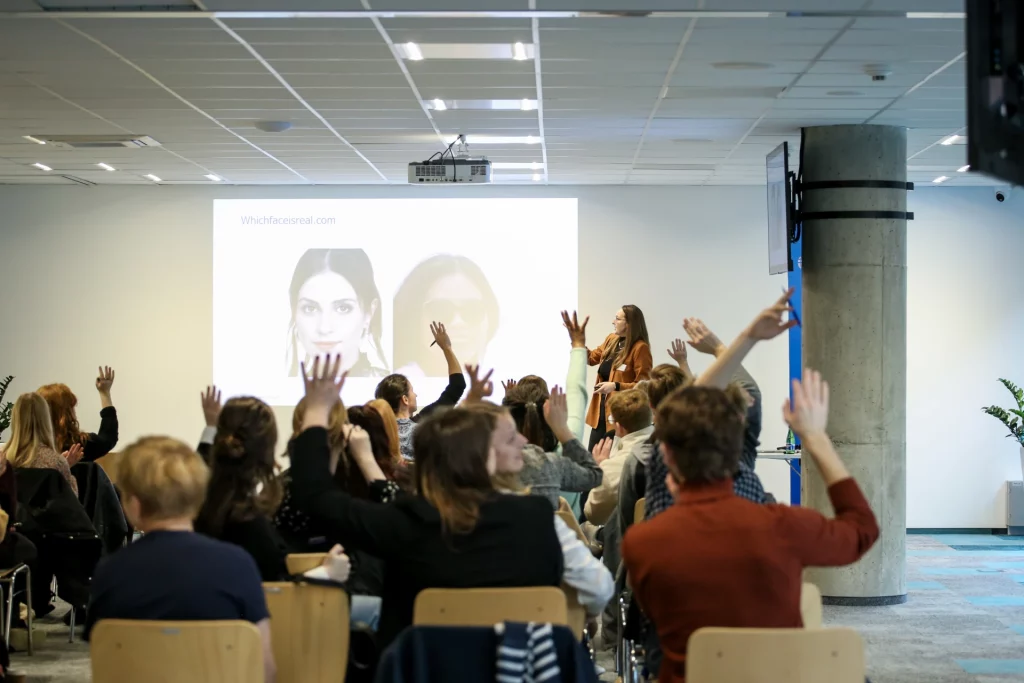
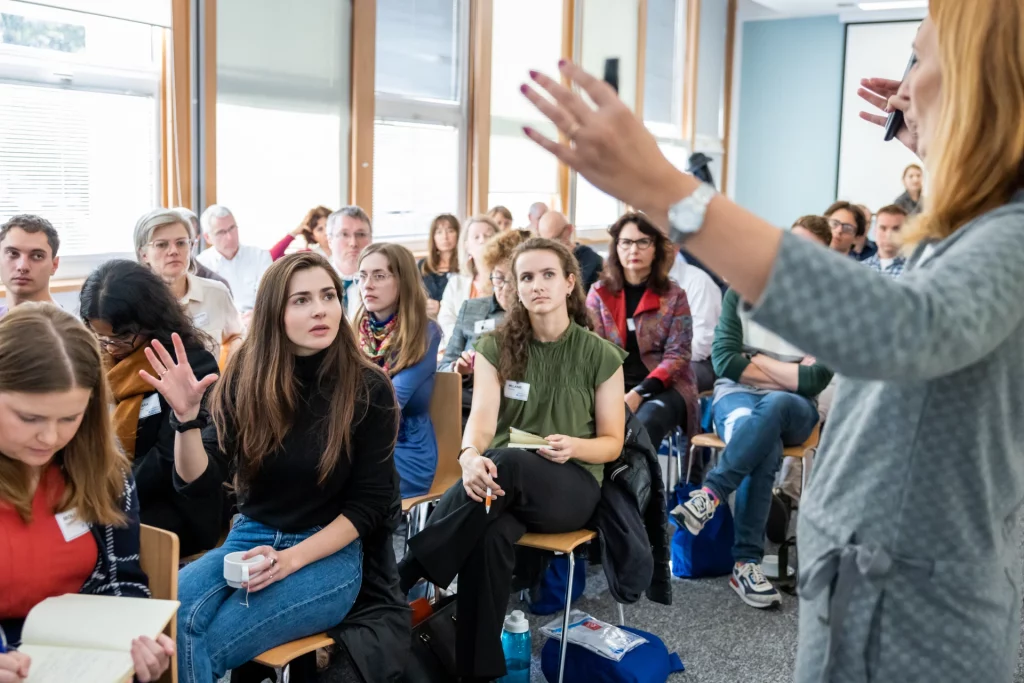
Registration is now open!
During the conference, participants will have an opportunity to listen to opening remarks by Mark Brzezinski, Ambassador of the United States to Poland and Andrzej Szeptycki, Undersecretary of State at the Ministry of Science and Higher Education, the keynote address and panel discussions, as well as choose from a selection of practical workshops. We look forward to benefiting from the talents, knowledge and research of Fulbright grantees and alums who will take up the role of speakers and moderators (the list of speakers is available below). Throughout both conference days, there will also be plenty of opportunities for networking and informal discussions with as many as 100 participants.
To join the conference as a participant please fill out the registration form. The registration works on a first-come, first-served basis so register quickly to get a guaranteed spot!
Discussion panels
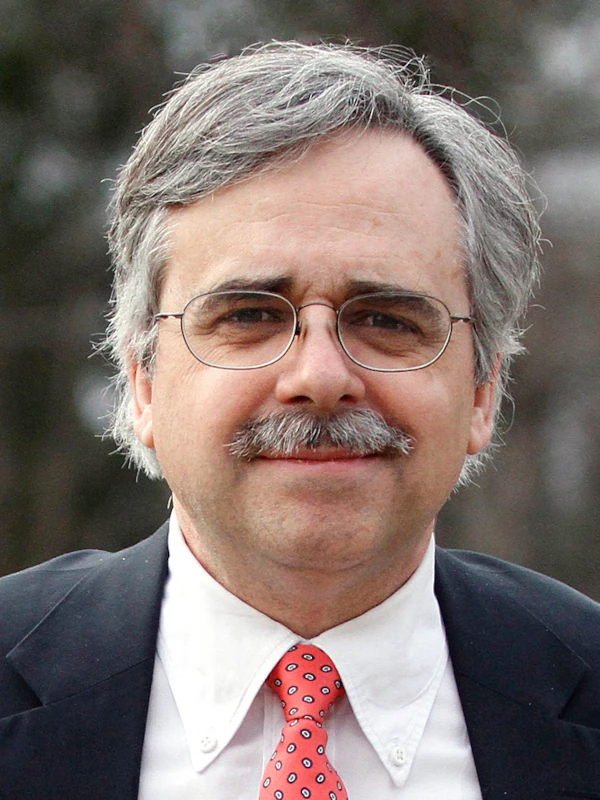
Stephen J. Farnsworth
Stephen Farnsworth is professor of Political Science and director of the University’s Center for Leadership and Media Studies and co-author of a new book, Late-Night in Washington: Political Humor and the American Presidency, recently published by Routledge. So far, he has been the author or co-author of nine books on the presidency, the mass media, and disinformation. Stephen worked for ten years as a daily newspaper journalist before becoming a professor, and has lectured widely on the news media, the presidency, and elections to U.S. and international audiences. In addition, he has led government-funded reporter training programs in the Philippines, Ukraine, Georgia, Azerbaijan, Lithuania, Latvia, Armenia, and Estonia.
Stephen is a Fulbright US Scholar, currently teaching about U.S. presidential communication at the American Studies Center of the University of Warsaw.
This panel discussion offers an insight into the media world and explores the importance of having a diverse range of voices and perspectives in the media.
Panelists will discuss what representation in the media means today, debate how it differs in the USA, Europe and specifically in Poland, and talk about the challenges of achieving diversity in journalism. Speakers will seek connections between diversity in the newsrooms and quality journalism, as well as discuss whether diversity in the newsrooms can provide more accurate and complete coverage of news events and as a result generate more trust and credibility from the public.
By bringing together journalists, practitioners and researchers specializing in media studies as well as in diversity, equity and inclusion, the panel offers an opportunity to raise awareness of the importance of representation and to generate ideas for how to make the media more representative of the world we live in.
Panelists:
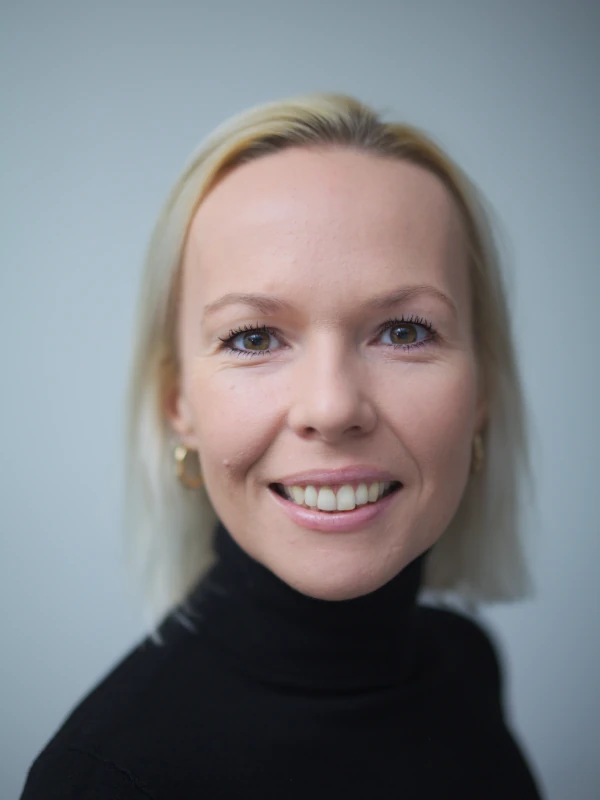
Chair: Joanna Stempień is a senior news editing reporter in TVN24 BIS. She has more than 17 years experience working in television. She is based in the Warsaw office, but covering international news (most recently: war in Ukraine, LGBTQ/women rights, US elections, sex abuse scandals in Catholic church). She provides reports for an evening bulletin Fakty o Świecie. Stempień believes in responsible, quality journalism and that fighting disinformation and fake news, however difficult, is nowadays crucial.
Prior to joining TVN24 and TVN24 BIS she graduated with a Master’s degree in journalism from the Jagiellonian University in Cracow. She also holds a postgraduate degree in speech-language pathology from the University of Warsaw. She is a PhD student (linguistics), conducting research on voice feminization in transgender women. Stempień received the Fulbright Junior Research Award 2024-25 and will be coming to the US to collaborate with professor Adrienne Hancock from the George Washington University.
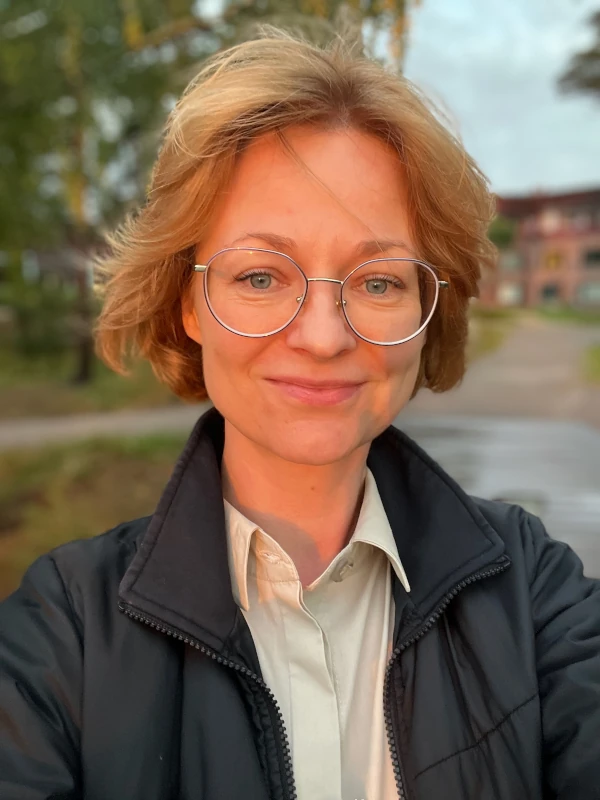
Greta Gober is a Polish researcher, living and working in Sweden. She’s a doctor of humanities (in the field of cultural studies). Her research focuses on production culture, communication, and power relations in organizations. She is the Principal Investigator of a Norway-grants funded “Diversity management as innovation in journalism” project. Gober conducted research, among others, at the Centre for Gender Research, University of Oslo; as a Fulbright Researcher at the Department of Gender and Women’s Studies, University of California; as a Postdoctoral Fellow at the Media Department, Stockholm University; and most recently as Assistant Professor at the Faculty of Journalism, Information and Book Studies, University of Warsaw. Greta is Vice-Chair of the ECREA Gender, Sexuality & Communication section. In 2020-2022 she served as Vice-President for the International Association of Women in Radio and Television (IAWRT).
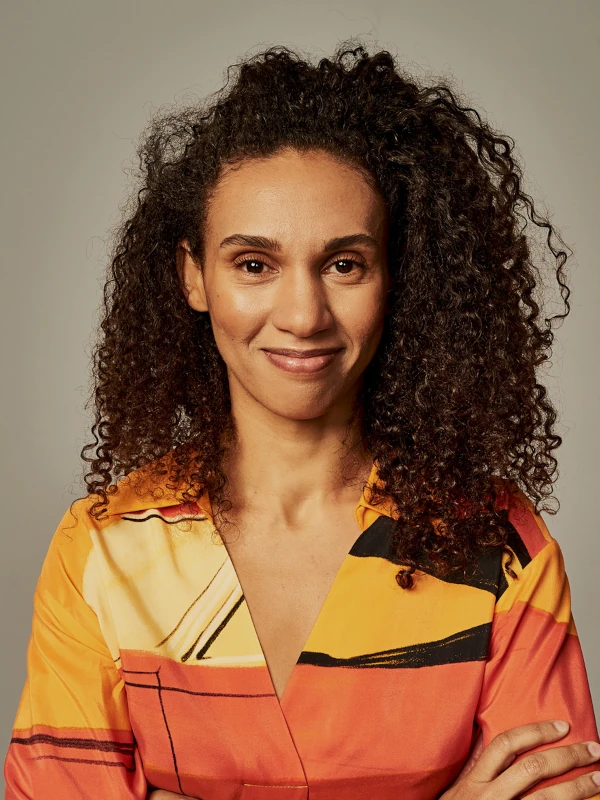
Margaret Amaka Ohia-Nowak is an Assistant Professor of Discourse and Media Studies at the Institute of Communication and Media Studies at the Marie Curie Skłodowska University in Lublin, Poland. Her work focuses on race and representations of Blackness in social communication and the media, anti-Black racist discourses in Poland and inclusive language. She is a diversity, equity and inclusion consultant and trainer with 15 years of experience, and a racial justice activist. She was a Fulbright Scholar at the University of California, Berkeley. She is a founder and president of the Centre for Intersectional Justice Poland and a co-founder of the Alliance for Black Justice in Poland.
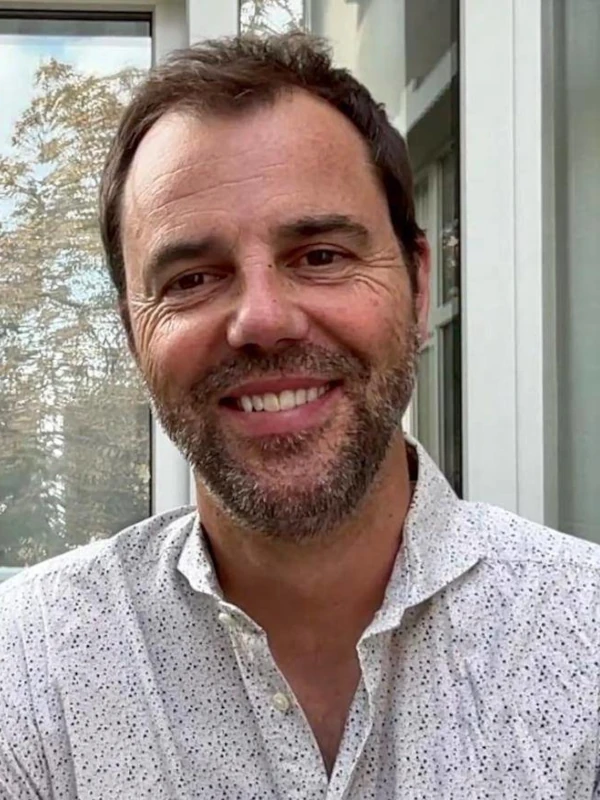
Graham Griffith is a media strategist and career audio producer with a track record of creating programming that responds to the changing media landscape, from launching Rhode Island’s first public radio program in 2000, to creating the award-winning, national talk show On Point after the 9-11 attacks, and launching The Takeaway. He was part of the team that developed Sound Up, Spotify’s effort to support more creators from communities historically underrepresented in media.
He has also worked with independent media organizations on new media initiatives and in building stronger journalistic practices. Graham is currently a Fulbright U.S. Scholar at the Center for the Study of Democracy (Bulgaria).
As artificial intelligence systems are increasingly used to automate decisions in high-stakes social domains, such as criminal justice, healthcare, and education, difficult questions arise about how to ensure these algorithms are fair, accountable, and aligned with shared ethical values. This panel will examine the social impacts of relying on algorithmic decision-making systems to make judgments that affect people’s lives.
Panelists will explore issues such as algorithmic bias, transparency, and due process. Studies have shown that algorithmic systems can perpetuate or amplify existing societal biases based on race, gender, or class. But developers struggle to audit these systems due to their complexity. This raises concerns about due process and meaningful accountability. Does the proprietary, “black box” nature of commercial AI systems undermine principles of transparency and fairness? How can impacted communities and civil society groups meaningfully participate in debates on the social implications of algorithmic decision-making? Are there any solutions that can reduce algorithmic bias and increase accountability? Can we do so by thinking through new open source models, questions of diversity in AI development teams, external audits, and regulations? How can democratic values of due process be upheld in our algorithmic society?
By bringing together diverse experts on technology, policy, civil rights, and ethics, this panel will delve into the promise and perils of our algorithmic society, and explore solutions to ensure AI promotes justice, equity, and human well-being.
Speakers:
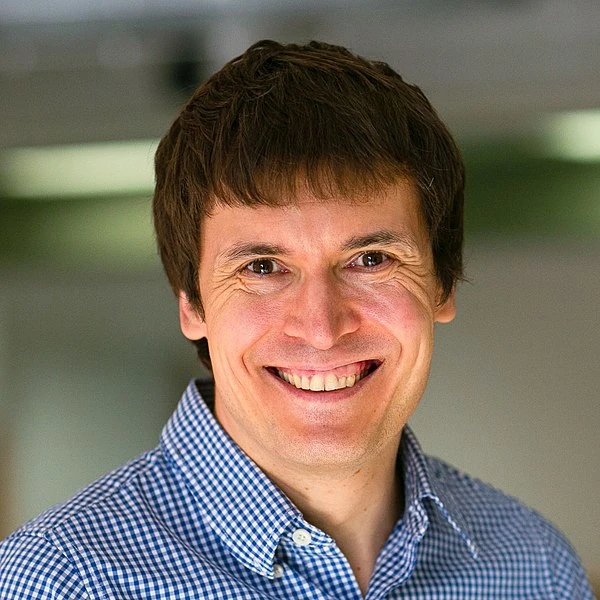
Chair: Dariusz Jemielniak is Full Professor and head of Management in Networked and Digital Environments (MINDS) department, Kozminski University, and faculty associate at Berkman-Klein Center for Internet and Society, Harvard University. He is a member of the Polish Academy of Sciences (elected as the youngest in history in social sciences and humanities). His recent books include Collaborative Society (2020, MIT Press, with A. Przegalinska), Thick Big Data (2020, Oxford University Press), Common Knowledge? An Ethnography of Wikipedia (2014, Stanford University Press), AI in Business and Education (2023, Cambridge University Press, with A. Przegalinska). Fulbright alumnus (Junior Research Award 2004-05). His current research projects include disinformation, and bot detection. He currently serves on the Wikimedia Foundation Board of Trustees, as well as a vice-chair for the Polish Academy of Sciences.

Łukasz Jonak holds degrees in sociology and literary theory. He is an analyst at the Digital Economy Lab at the University of Warsaw, focusing on digitalization theories and practices of digital decentralization, with a particular emphasis on the impact and governance of blockchain technologies (project “Social Machines”). He is also interested in contemporary discourses surrounding socio-technological change. His Fulbright research examined the rhetorical aspects of knowledge transfer in F-16 offset deals. At the Polish National Library, he investigated e-text reading practices. Additionally, he has several years of experience as a business analyst in the IT industry.
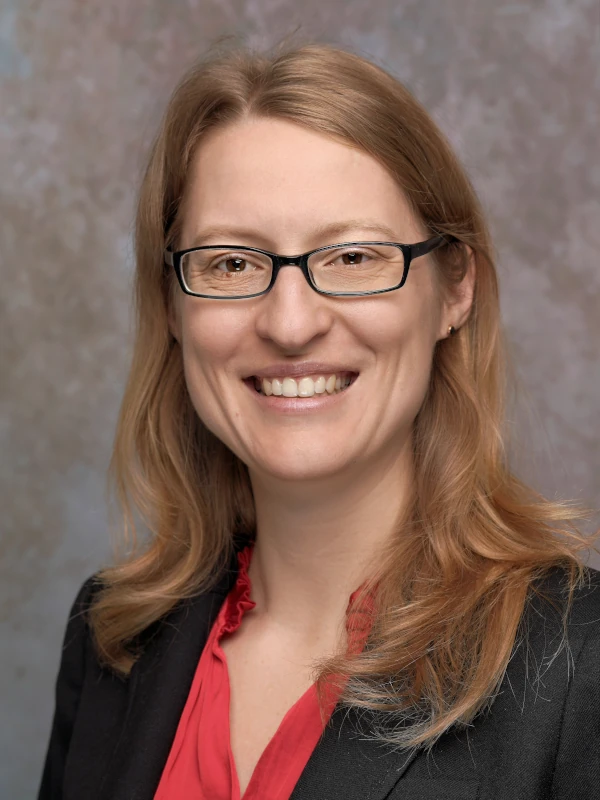
Iga Kozlowska is a responsible technology leader with 7 years of tech industry experience. Currently, she is a Program Manager at Meta, where she has been working on responsible AI since 2022. Before that she worked on AI governance and privacy at Microsoft preparing the Marketing and Consumer Business division for compliance with the EU’s General Data Protection Regulation (GDPR). Iga holds the CIPP/US and CIPP/E certifications in privacy as well as the CISSP certification in information security. Prior to tech, Iga completed her PhD in sociology at Northwestern University in 2017. Her Fulbright-funded dissertation research (2015-16) focused on social and cultural European integration in the 21st century. For this research, in Brussels, Iga witnessed GDPR discussions firsthand, which kindled her career at the intersection of tech and society.
The ongoing war in Ukraine for over 2 years starkly demonstrates that armed conflicts today transcend borders and conventional weaponry. Cyberattacks on critical infrastructure, as well as those targeting citizens and information warfare, are practically constant. The panel offers a discussion on both how this changes our reality and how we can prepare ourselves for such challenges.
Within just one day (data from March 1-2, 2022), over 120,000 attempts at disinformation were recorded in Polish cyberspace. This was a 20,000 percent increase month-over-month. Although experts indicate that Russia uses over 250 methods to reach different target groups, the main channel for disinformation on the Internet is social media. These actions are carried out on a large scale, as evidenced by the network of 193 portals coordinated from Moscow and spreading disinformation in Western Europe.
In this context, panelists will try to answer following questions:
- Can ordinary citizens oppose disinformation attempts and how?
- What are the goals of disinformation, and can we effectively investigate its sources?
- What can states do to more effectively counter disinformation?
- Are the actions taken by social media in this field sufficient?
- How strong are cyber attacks really, if our infrastructure still operates as it did?
- How are methods in hybrid conflicts changing?
Speakers:
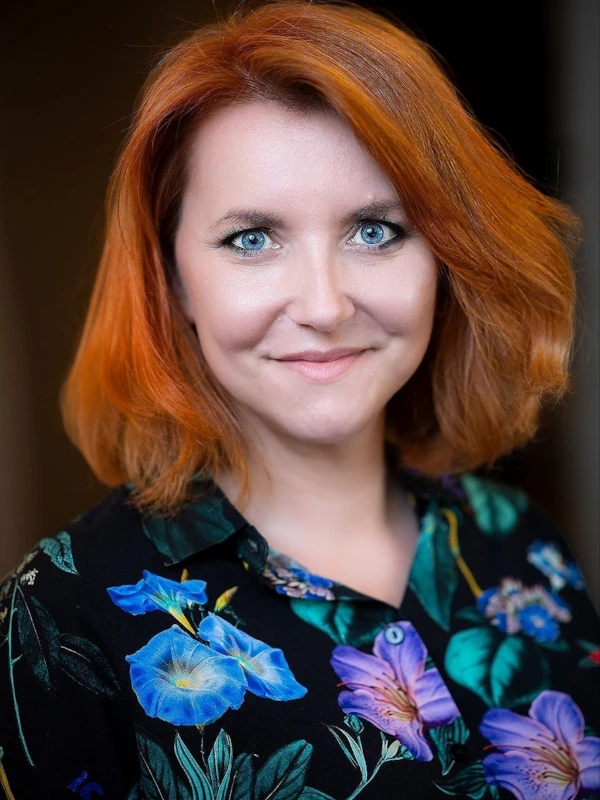
Sylwia Czubkowska – Economic and technology journalist for titles such as Gazeta Wyborcza, Dziennik Gazeta Prawna, and Przekrój. Host of “Techstorie” podcast on radio Tok FM. Creator of the Spider’sWeb+ magazine, nominated in 2022 for the Grand Press Digital award. Repeatedly nominated for the most important journalism awards: Grand Press, the Teresa Torańska Award by Newsweek, and the Marek Król Award. Four-time winner of the Patent Office President’s awards for articles on innovation. Winner of the Prof. Roman Czernecki Award and the Institute of Reportage Award “Subject: refugees”. Author of the book “Chińczycy trzymają nas mocno” (“The Chinese Hold Us Tight”) published in 2022 by Znak publishing house.
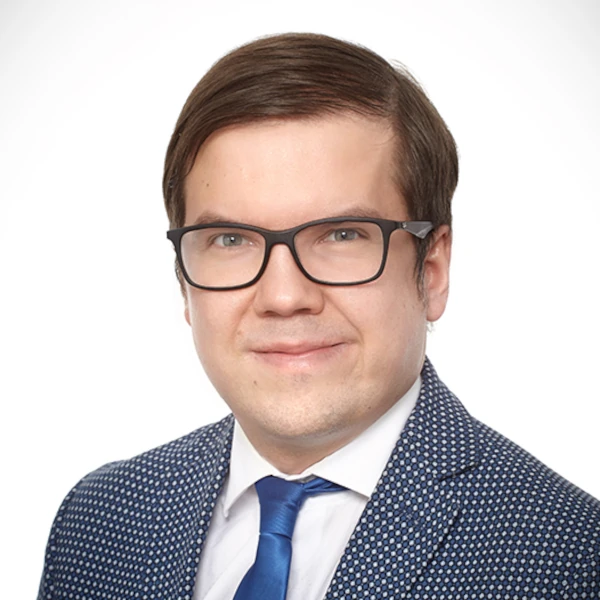
Andrzej Kozłowski is an independent cybersecurity and disinformation expert, holds PhD in Political Science. Former editor-in-chief of CyberDefence24.pl. He is teaching courses, lectures and workshops in the field of cybersecurity, terrorism prevention and international security at the University of Lodz, Collegium Civitas, WIT Warsaw School of Information Technology under the auspices of the Polish Academy of Sciences, European Academy of Diplomacy and Academy of Strategic Policy Analysis. Alumni of US-funded programs: IVLP: “21st Century Changemakers: Information Technology Leaders Explore Cyber Security Strategies” and “Journalistic Challenges and Practices” (a Professional Study Visit organized by Fulbright Poland).

Kacper Gradoń is an Associate Professor in Cybersecurity (Warsaw University of Technology), Honorary Associate Professor at the UCL Department of Security and Crime Science (University College London), and Visiting Fulbright Professor at the University of Colorado Boulder. He is also the World Health Organization Global Infodemic Manager, Fulbright Senior Award Scholar and the recipient of the Kosciuszko Foundation Fellowship. He is a double TED Speaker, expert in information warfare, AI-applications in security, human-centric dimensions of cybersecurity and frequent consultant of law enforcement agencies and intelligence institutions worldwide. He has published extensively on the issues of Cybercrime, Open Source Intelligence, Future Crimes, Threat Analysis and Assessment, Artificial Intelligence, Hybrid Warfare and Criminal Investigation.

Paulina Piasecka holds a Ph.D. in social sciences in security research. She is an expert in international terrorism countering and hybrid warfare, particularly interested in information warfare. Director of the Terrorism Research Center of Collegium Civitas in Warsaw and deputy head of the Information Analysis Center of Collegium Civitas. Deputy Head of the International Relations Faculty at CC.
She worked in the Unit for Counteracting Terrorist Threats of the Department of Public Security of the Ministry of Interior and Administration as a chief specialist. She also served as the head of the Non-Military Security Unit in the National Security Bureau. She participated in the International Visitor Leadership Program in the field of cybersecurity.
This panel discussion would delve into the complex interplay between factors essential for setting up a smart city, exploring how (and whether) technology and algorithms are being used to create smarter, more efficient, and livable cities, while also considering the impact on the inhabitants. Topics will include:
- Technological advancements that can help shape smart cities by improving traffic management, waste reduction, energy efficiency, and public safety.
- The role of algorithms in decision-making within smart cities, with a focus on privacy issues and ethical concerns.
- Ways of ensuring that smart cities are designed for people and by people, not just technology, address issues of accessibility, inclusivity, and community engagement, as well as the balance between technological efficiency with social needs and cultural value.
- Challenges and opportunities of implementing the concept of smart city.
Speakers:
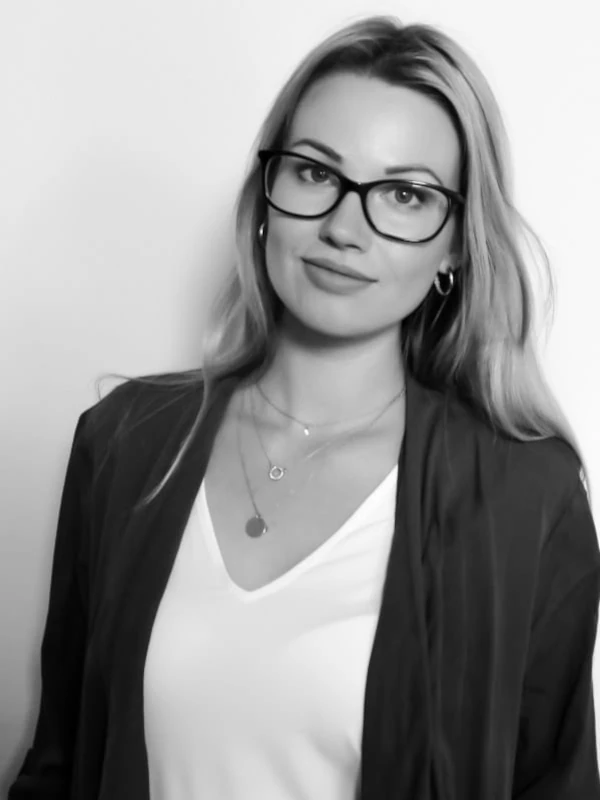
Sabina Baraniewicz-Kotasińska – political scientists, assistant professor at the University of Opole. Fulbright Scholarship holder at the University of California in Berkeley in 2019-2020 (Political Science Department). She conducts research on contemporary concepts of governing and managing cities. Author of a book Smart City. Kto rządzi w inteligentnych miastach? (“Who governs in smart cities?”). She also works on projects related to global education and sustainable development. Co-author of Global Studies. Academic Handbook awarded by the Global Education Network Europe. She conducted her research in Denmark, Jordan, Iceland, USA, and on Spitsbergen, as well as in Songdo – a smart city built from scratch in South Korea.
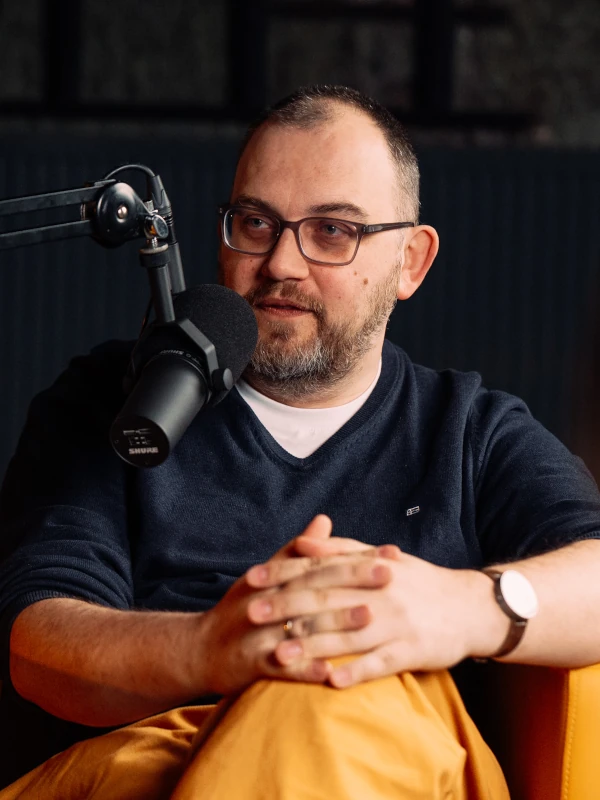
Jacek Gądecki – Sociologist and socio-cultural anthropologist affiliated with the Department of Society and Technology Studies within the Faculty of Humanities at the AGH University of Science and Technology in Krakow.
His research interests include urban studies and research at the intersection of science, technology and society. He has carried out research at the Bauhaus Dessau Foundation and the City University of New York (Fulbright Junior Research Award 2005/06), among others. He is currently engaged in research on issues related to the smart city, innovation spaces (innovation districts) and work spaces, including fablabs and makerspaces.
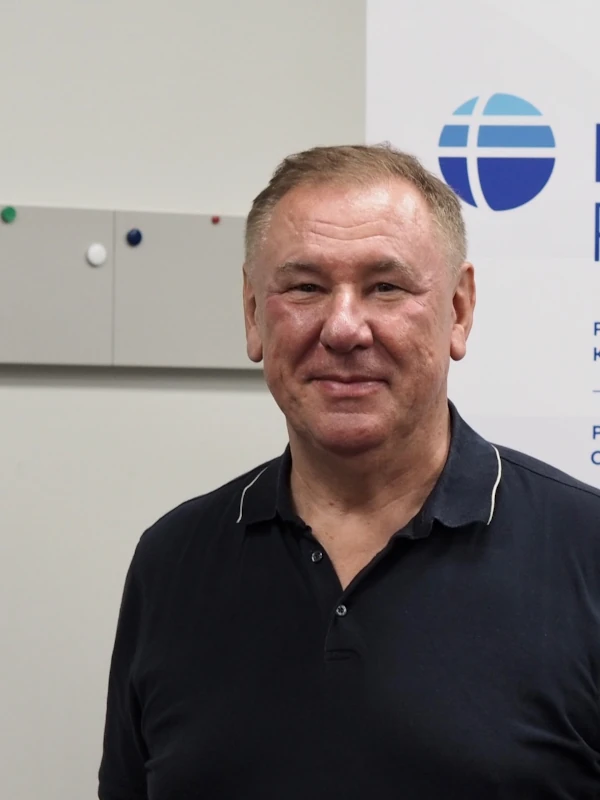
Jacek Żak – Professor at Poznań University of Technology (PUT), the founder of the Poznań Transportation – Logistics Research Group and Logistics Department at PUT, which he headed in the years 2008 – 2016. For many years he was a lecturer at the University of Economics and Adam Mickiewicz University in Poznań. Has extensive consulting experience, including consultant positions at the Institute of Logistics and Warehousing and W. Frąckowiak & Partners Consulting Company in Poznań. Has acted as “Business Angel” and the initiator of a number of technological start-ups.
His educational background includes Master degrees in Engineering and Language Studies and postgraduate management education at Harvard University and the Massachusetts Institute of Technology in Boston, USA. A two-time Fulbright scholarship holder at Harvard University and University of California, Berkeley in the “Junior” and “Senior” categories, respectively.
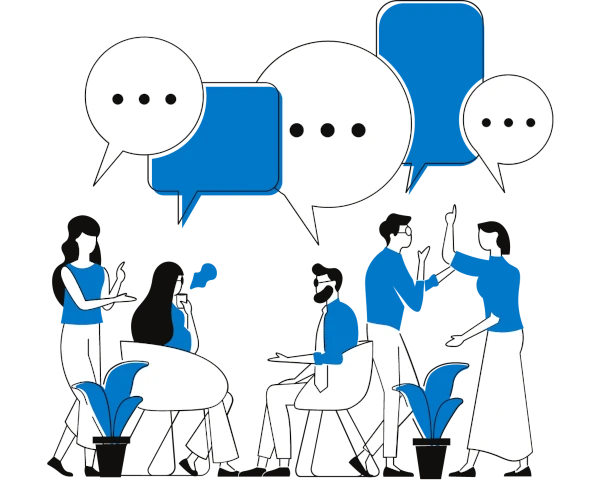
Workshops
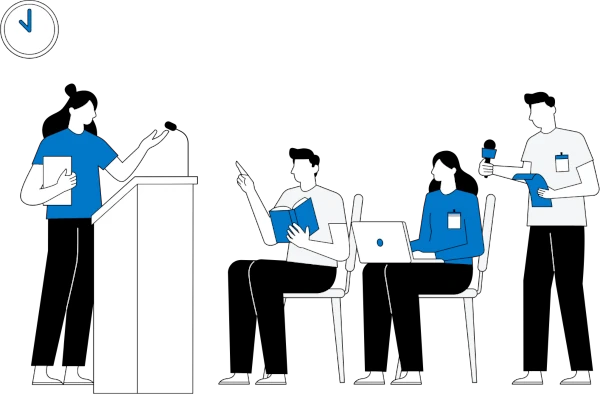
In today’s academic landscape, researchers and scientists are increasingly tasked with conducting impactful research and effectively communicating its relevance to diverse stakeholders. Researchers’ visibility in the media has many advantages: It helps to disseminate and popularize our research, build (international) teams and even get cited by various sources.
In this 1.5-hour session, participants will begin their branding journey with the emphasis on the cultivation of an authentic identity that truly reflects their research ethos. The session will also focus on strategies to articulate research effectively, create media visibility, and utilize social media and storytelling to connect with diverse audiences. This foundational approach does not only aid in disseminating research, but also in forging meaningful connections with stakeholders.
Trainer:
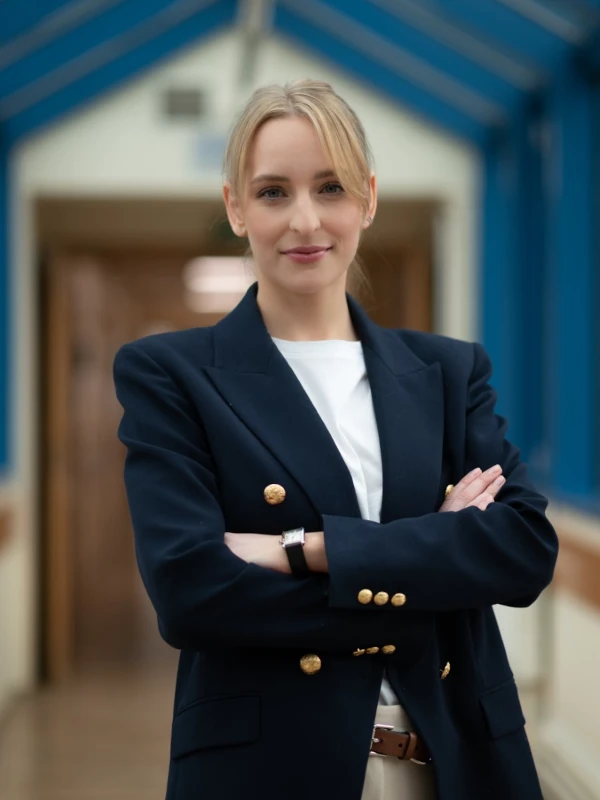
Anna M. Górska – Assistant Professor at Kozminski University. She studies higher education institutions from the perspective of management, communication, and diversity.
She wrote her dissertation on personal branding and next studied how academics utilize social media. Fulbright Junior Research Award alumna (2018-19) at Columbia Business School.
During this workshop we will engage in a critical examination of the internet’s substantial impact on planet Earth’s finite resources and climate in crisis. We will dissect the complex interplay between everyday digital actions, digital infrastructure and consumption trends, as well as their environmental impacts. Is mitigating the digital domain’s ecological and carbon footprints possible? How do we impact the design of the digital environment as experts, academics, pro-sumers? How does digital ecology fit into the bigger environmental movement? Please bring your smartphone to this workshop.
Trainer:
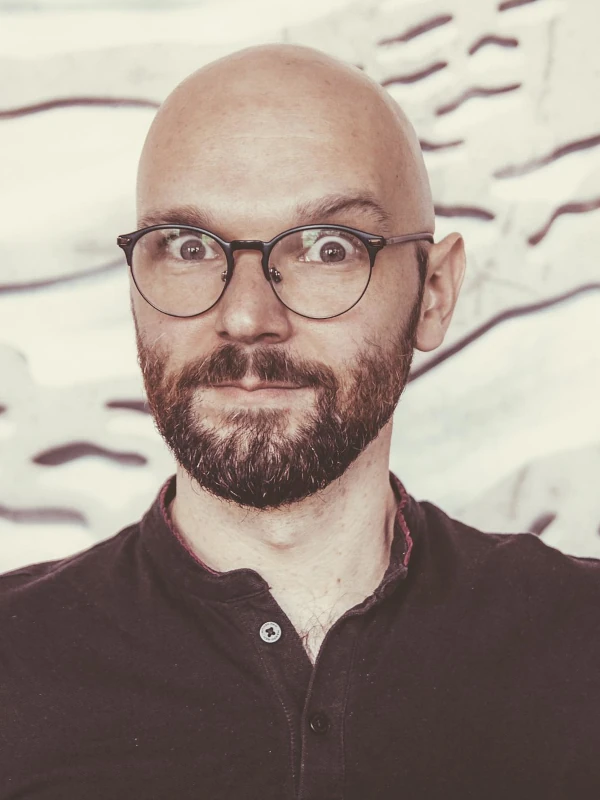
Kamil Śliwowski – digital and green skills educator and instructional designer. He loves to learn by teaching others and researching new topics for his blog and newsletter (otwartezasoby.pl). Digital well-being enthusiast. He has 16 years of experience in raising awareness about media literacy and future skills, as well as cooperating with many NGOs focused on digital rights and education.
During this 1.5h workshop, participants will learn what UX (user experience) is, where they can find it and why it is important. There are many UX tools and methodologies which Big Tech (and not only!) uses to shape our daily experiences. By getting to know these tools, we can find new ways to start solving our daily problems. During this workshop we will focus on the design thinking methodology and its potential application in our lives.
Trainer:
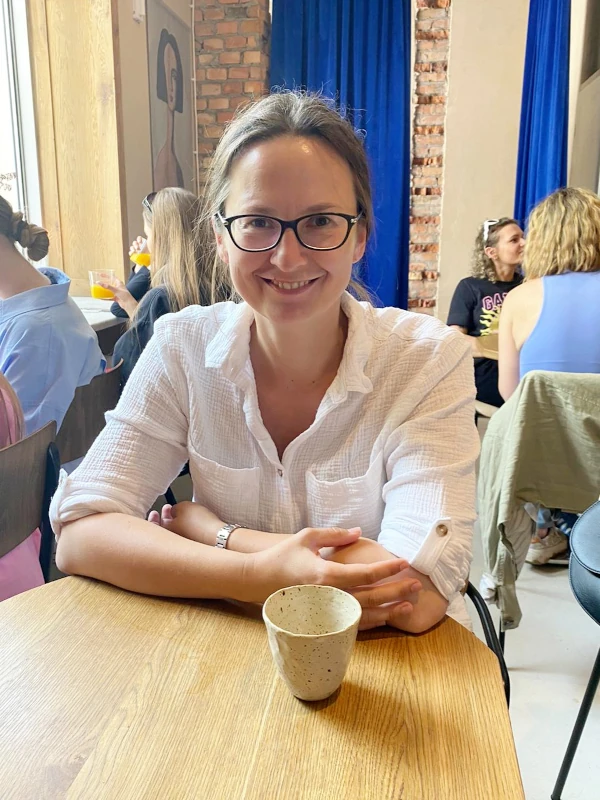
Marta Mikłaszewicz – UX Researcher, currently working at Google, where she combines her passion for technology and human behavior to create user-centric digital experiences. She holds three degrees: Master of Science in Information Management from Jagiellonian University, Master of Science in Information Assurance and Governance from Aberystwyth University and Master of Science in Information Experience Design from Pratt Institute (New York). Fulbright Graduate Student Award alumna (2018-20).
In a world drenched with misleading content, it is sometimes difficult to distinguish between information and disinformation. Join this verification training workshop and embark on a journey of information mastery to learn more about how to find accurate information and spot fakes. Topics will include: Confirming the origin of images or videos; applying the fundamental five Ws of journalism (who, what, when, where and why), and getting equipped with effective methods to combat disinformation. You will also have a chance to hone your practical skills in advanced search techniques, newsgathering, image observations, and geolocation, as well as acquire some verification and open-source intelligence tools. Whether you’re an academic, a journalist or a curious individual, this workshop will enhance your awareness and critical thinking, and empower you to navigate the digital landscape with confidence. This workshop is divided into two 1,5h sessions: one with a more theoretical, and the other with a more practical approach. Prepare for a deep dive into fact checking.
Trainer:
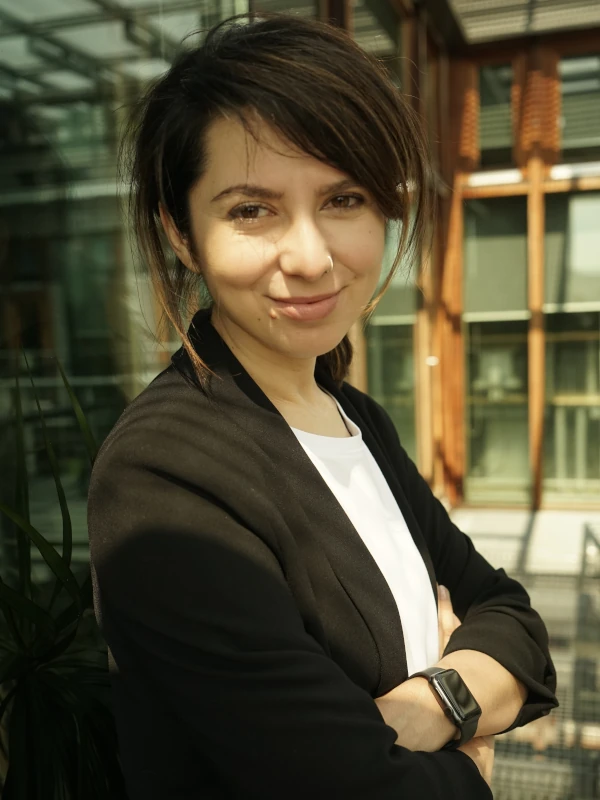
Natalia Sawka, political journalist at OKO.Press since April 2024. Previously digital verification journalist at Agence France-Presse (2019-2024). Before that, she worked at the Polish daily newspaper “Gazeta Wyborcza,” covering national news. She has covered a range of Polish and international subjects and extended her expertise on recognizing and handling disinformation through training programs with the Bellingcat investigative group and Google News Lab, among others. She is also involved in training for AFP. Participant of “Journalistic Challenges and Practices” (a Professional Study Visit organized by Fulbright Poland)
Speakers
Full conference agenda
Click the button below to access full agenda in Google Docs. Please note that the agenda is not final and is subject to change. Link will open in a new tab.

This event is sponsored by the U.S. Department of State with funding provided by the U.S. Government.


